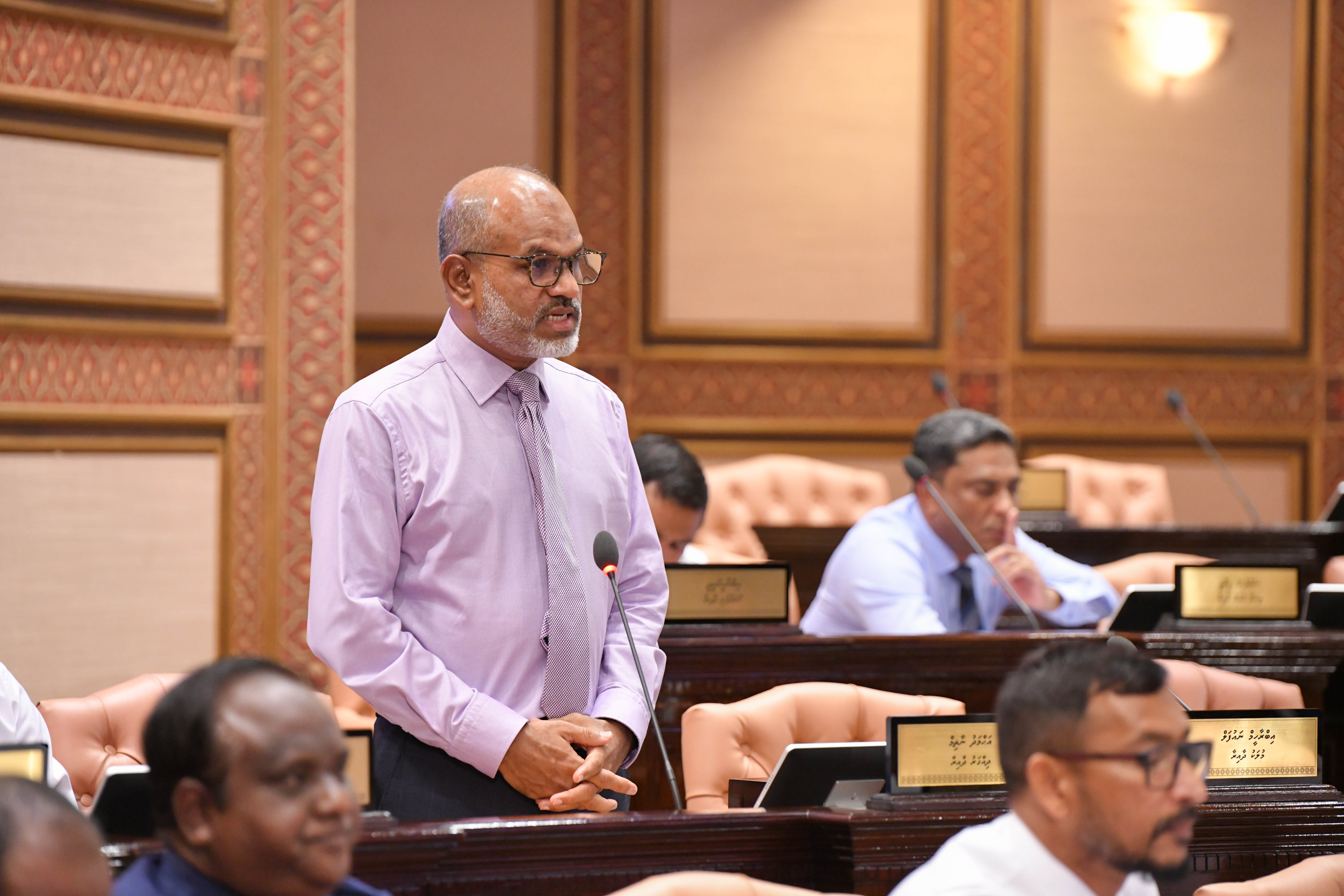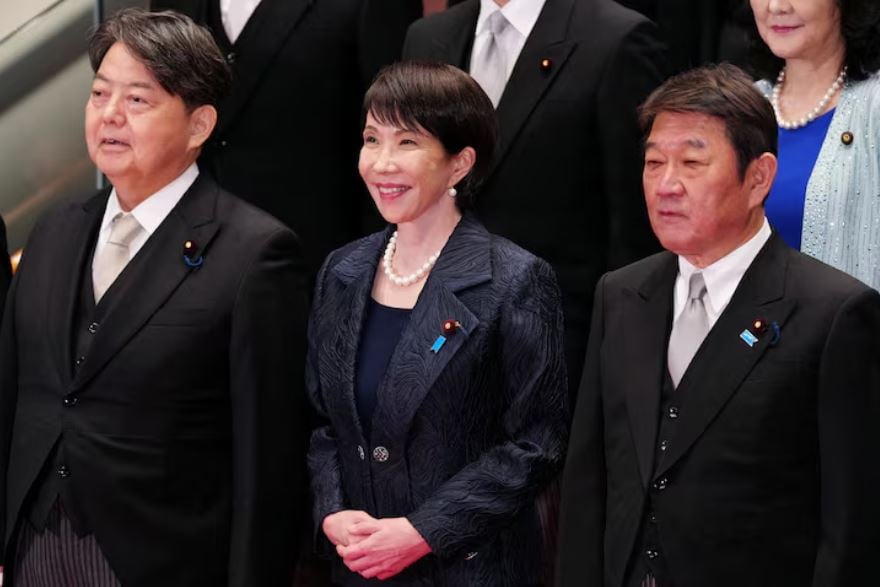The proposed amendment to give the President the authority to appoint the heads of the Anti-Corruption Commission (ACC) is not a critical change, said Ahmed Nazim, Vice-President of Parliament and Dhiggaru MP, during today’s parliamentary debate on the amendment.
The bill, proposed by the government, would allow the President to appoint the Chairman and Vice-Chairman of the ACC, subject to parliamentary approval.
Nazim highlighted that under the previous administration of President Ibrahim Mohammed Solih, all five members of the ACC were replaced simultaneously, noting that such actions indicate the need for reform to ensure proper functioning and credibility of the commission. He voiced concerns about public confidence in the ACC, pointing out that many citizens believe the commission is ineffective in handling corruption cases adequately.
Nazim expressed frustration that ACC members seem to hold their positions without actively addressing corruption, stating that corruption is neither stopping nor decreasing. Citing examples from the Maldives, he noted an increase in corruption and illicit wealth, mentioning a case where the president of a financial organization allegedly purchased two apartments without facing accountability.
The proposed amendment outlines that whenever a Chairman or Vice-Chairman needs to be appointed to the ACC, the President will submit one or more names to Parliament. Parliament will then approve candidates, from which the President will select the appointee. This procedure aims to balance executive appointment authority with parliamentary oversight to maintain the independence of the commission while ensuring accountability.
The debate on the amendment continues, as lawmakers discuss the implications of the proposed changes on the independence and efficacy of the ACC in addressing corruption across the nation.
The bill, proposed by the government, would allow the President to appoint the Chairman and Vice-Chairman of the ACC, subject to parliamentary approval.
Nazim highlighted that under the previous administration of President Ibrahim Mohammed Solih, all five members of the ACC were replaced simultaneously, noting that such actions indicate the need for reform to ensure proper functioning and credibility of the commission. He voiced concerns about public confidence in the ACC, pointing out that many citizens believe the commission is ineffective in handling corruption cases adequately.
Nazim expressed frustration that ACC members seem to hold their positions without actively addressing corruption, stating that corruption is neither stopping nor decreasing. Citing examples from the Maldives, he noted an increase in corruption and illicit wealth, mentioning a case where the president of a financial organization allegedly purchased two apartments without facing accountability.
The proposed amendment outlines that whenever a Chairman or Vice-Chairman needs to be appointed to the ACC, the President will submit one or more names to Parliament. Parliament will then approve candidates, from which the President will select the appointee. This procedure aims to balance executive appointment authority with parliamentary oversight to maintain the independence of the commission while ensuring accountability.
The debate on the amendment continues, as lawmakers discuss the implications of the proposed changes on the independence and efficacy of the ACC in addressing corruption across the nation.


















